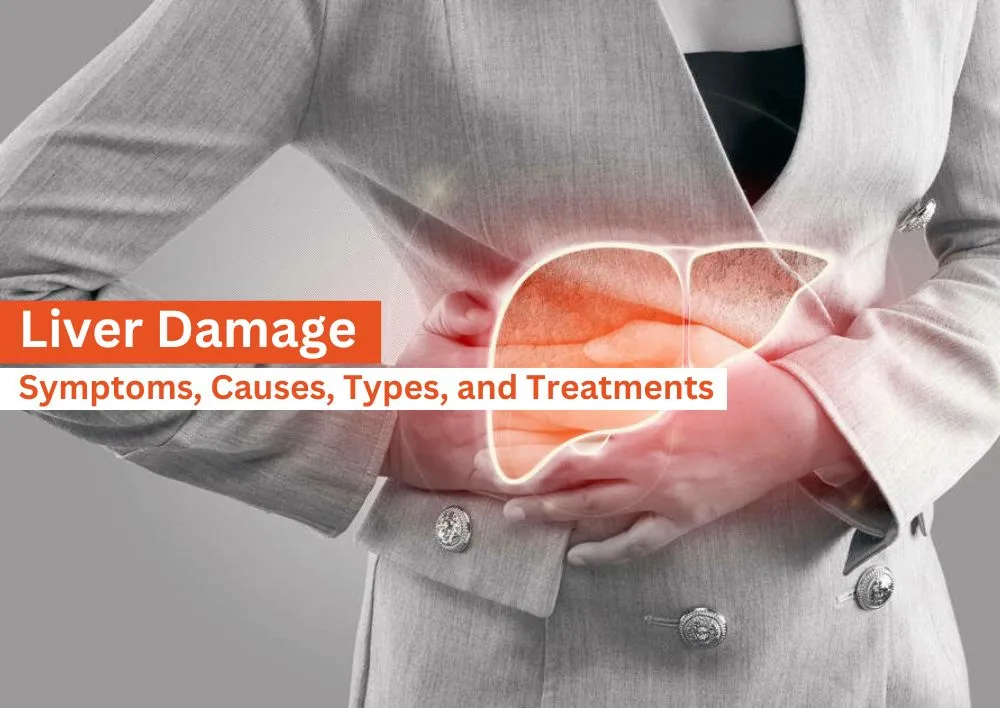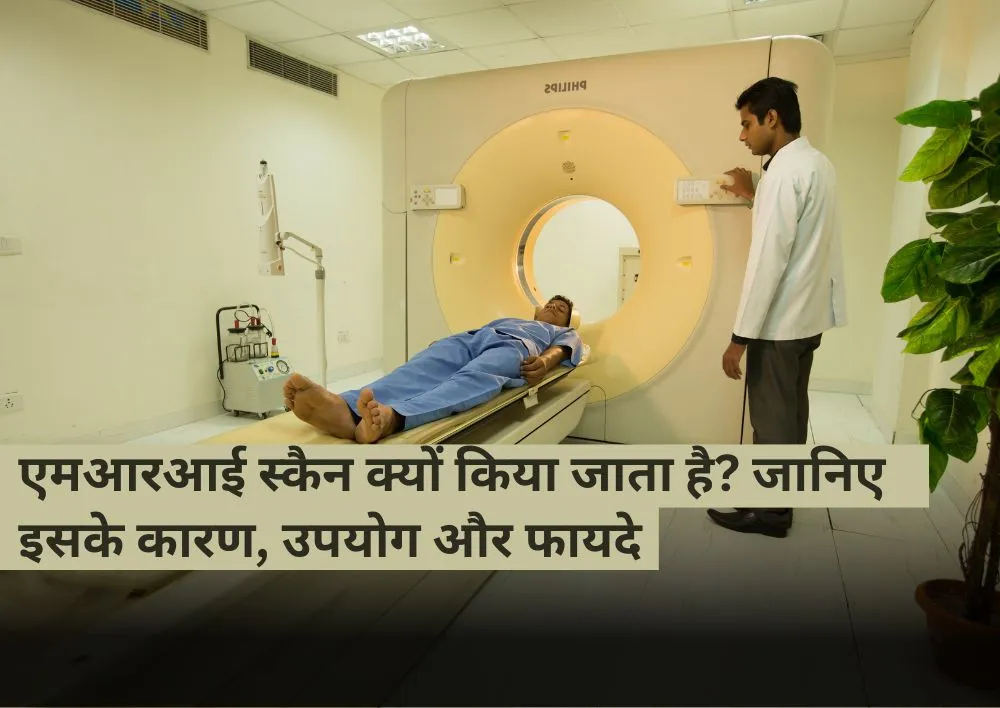Most Common Female Urology Problems and How to Treat Them
Urological problems are very common. They can affect anyone, irrespective of gender. However, females often encounter various urological challenges that significantly impact their quality of life. Many women tend to overlook the symptoms, but doing so can be risky. Treating any urological condition at the earliest stage is crucial. In this blog post, we will discuss common female urology problems, their symptoms, and treatment options, and explore why women may be at a higher risk for these issues.
Miracles Apollo Cradle/Spectra stands out as the best urologist hospital in Gurgaon, providing comprehensive urological care. Our expert team of urologist surgeons specializes in treating bladder-related difficulties and addressing issues related to the female reproductive system and urinary region. With state-of-the-art facilities and a patient-centric approach, we offer urology treatments tailored to your needs. Don't let urological concerns hold you back; take charge of your health today! Schedule your consultation with the best urologist specialist near you.
Understanding the Urinary Tract System
The human urinary tract system is a highly complex network consisting of the kidneys, ureters, bladder, and urethra. These components work together seamlessly to regulate fluid and eliminate waste. The kidneys filter blood, extracting waste and excess fluids to produce urine, which then travels through the ureters to reach the bladder. The bladder serves as a reservoir, storing urine until it is expelled through the urethra during the process of urination.
Common Female Urologic Conditions and Their Treatments
-
Urinary Tract Infections (UTIs): It occurs when bacteria enter the urinary tract, causing an infection. Females, in particular, are more susceptible due to their shorter urethra. Early recognition of symptoms and immediate urinary tract infection treatments can help prevent complications and promote faster relief from urinary tract infections.
Symptoms of Urinary Tract Infection
-
Frequent urge to urinate
-
Pain or burning during urination
-
Cloudy or strong-smelling urine
-
Pelvic pain
-
Abdominal discomfort
UTI Treatment Options
-
Antibiotics: The primary treatment for UTIs for women involves a prescribed course of antibiotics by a urologist.
-
Hydration: Drinking plenty of fluid helps flush out bacteria from the urinary tract.
-
Avoiding irritants: Steer clear of consuming irritants like caffeine and alcohol.
-
Bladder Infections (Cystitis): Also known as cystitis, bladder infections are the most common urologic problems affecting women. They usually occur when bacteria enter the urethra and travel up into the bladder. The shorter female urethra makes it easier for bacteria to reach the bladder, leading to increased exposure and the possibility of recurrent bladder infections.
Symptoms of Bladder Infections:
-
Frequent urge to urinate
-
Pain or burning during urination
-
Cloudy or strong-smelling urine
-
Lower abdominal discomfort
-
Blood in urine
Bladder Infection Treatment Options:
-
Antibiotics: The standard treatment for bladder infections involves a course of antibiotics to eliminate the bacterial infection. It's important to complete the prescribed course to prevent recurrence and antibiotic resistance.
-
Hydration and Avoiding Irritants: Additionally, drink plenty of water and avoid irritants such as harsh soaps, feminine hygiene products, and certain contraceptives.
-
Overactive Bladder (OAB): This is more prevalent in women, and seriously impacts daily life, characterized by a sudden, intense urge to urinate, often leading to involuntary leakage. Effective management of overactive bladder involves a tailored approach, combining medications, behavioral therapy, and exercises. Taking professional guidance ensures personalized care for improved quality of life.
Symptoms of Overactive Bladder:
-
Strong and sudden urge to urinate
-
Frequent urination
-
Occasional urinary incontinence
Overactive Bladder Treatment Options:
-
Medications: Anticholinergic or beta-3 agonist medications may help control OAB symptoms.
-
Behavioral Therapy: Techniques such as bladder training and scheduled voiding may improve bladder control.
-
Pelvic Floor Exercises: Strengthening pelvic floor muscles through exercises like Kegels may enhance bladder function.
-
Interstitial Cystitis/Bladder Pain Syndrome (IC/BPS): Also known as bladder pain syndrome, IC is a chronic condition causing bladder and pelvic pain, discomfort, and an urgent need to urinate without any signs of infection. The exact cause is unknown, making it challenging to diagnose. IC/BPS requires a complete treatment approach involving medication, bladder instillations, nerve stimulation, and physical therapy. Seeking guidance from a urologist is important for a precise diagnosis and treatment plan.
Symptoms of Interstitial Cystitis/Bladder Pain Syndrome:
-
Bladder and pelvic pain
-
Frequent urinary urgency
-
Pain and discomfort during sex
-
The feeling of bladder pressure
Interstitial Cystitis/Bladder Pain Syndrome Treatment Options:
-
Medications: Pain-relieving medications to ease pain and reduce inflammation
-
Bladder instillations with medications
-
Nerve stimulation
-
Physical therapy: Incorporating physiotherapy exercises for pelvic floor dysfunction
-
Pelvic Organ Prolapse (POP): It occurs when pelvic organs, such as the bladder or uterus, drop into the vaginal space due to weakened pelvic floor muscles. Pelvic organ prolapse can be effectively managed with a combination of pelvic floor exercises, pessary insertion, and, in severe cases, surgical intervention. Consulting with a urologist ensures an appropriate and personalized treatment plan.
Symptoms of Pelvic Organ Prolapse:
-
The feeling of fullness
-
Pressure in the pelvic area
-
Back pain
-
Discomfort in the back
-
Urine incontinence or difficulty emptying the bladder
Pelvic Organ Prolapse Treatment Options:
-
Pelvic Floor Exercises: Strengthening pelvic floor muscles can provide support and relieve symptoms.
-
Pessary Insertion: Pessaries are devices inserted into the vagina to support pelvic organs.
-
Surgical Intervention: In severe cases, surgery may be recommended to repair and restore pelvic organ support.
-
Stress Urinary Incontinence(SUI): It involves the involuntary leakage of urine during activities that increase abdominal pressure, such as coughing or exercising. Weakened pelvic floor muscles contribute to this condition. Pelvic floor exercises, behavioral techniques, and lifestyle modifications can often effectively manage SUI. In more severe cases, medications or surgical options may be considered. Consulting a urology specialist ensures a tailored approach to address individual needs.
Symptoms of Stress Urinary Incontinence:
-
Involuntary leakage of urine during activities including coughing, sneezing, or laughing
-
Strong urge to urinate followed by leakage
-
Frequent urination at night
Stress Urinary Incontinence Treatment Options:
-
Pelvic floor exercises (Kegel Exercises)
-
Behavioral techniques
-
Lifestyle modifications
-
Medications or surgical procedures in severe cases
Why Are Females at a Higher Risk for Urologic Problems?
-
Anatomy: Females have a shorter urethra, making it easier for bacteria to reach the bladder and cause infections.
-
Pregnancy and Childbirth: The stress of pregnancy and the trauma of childbirth can weaken pelvic floor muscles, contributing to urological issues.
-
Hormonal Changes: Menopause leads to a decline in estrogen levels, affecting the health of urinary tract tissues and increasing the risk of certain conditions.
-
Lifestyle Factors: Some factors, such as obesity, smoking, and a poor diet, can contribute to urological problems in females.
Understanding these risk factors is crucial for women to take proactive measures in maintaining urological health.
Conclusion:
Understanding the symptoms, treatment options, and risk factors associated with common female urology problems is important for early detection and effective management. Women should prioritize regular check-ups, maintain a healthy lifestyle, and seek medical advice timely if they experience any urological symptoms. With proper attention and proactive care, women can navigate these challenges and maintain optimal urological health.
Miracles Healthcare is the leading multispeciality hospital for the best urology treatment in Gurgaon. To support optimal urologic health, the hospital has a team of the best urologist specialists in Gurgaon, offering a wide range of non-surgical and surgical treatments to relieve symptoms and regain control of your life. The hospital provides comprehensive healthcare services through multiple facilities: Miracles Apollo Cradle, Miracles Apollo Cradle/Spectra, Miracles Fertility & IVF Clinic, and Miracles Mediclinic. Our facilities are located in Sec 14, Sec 56, and Sec 82, making routine healthcare more convenient for the people of Gurgaon.
If you are experiencing any symptoms of urological conditions, it's important to consult a urologist near you for a proper diagnosis and a treatment plan.













Was the information useful?
0 0